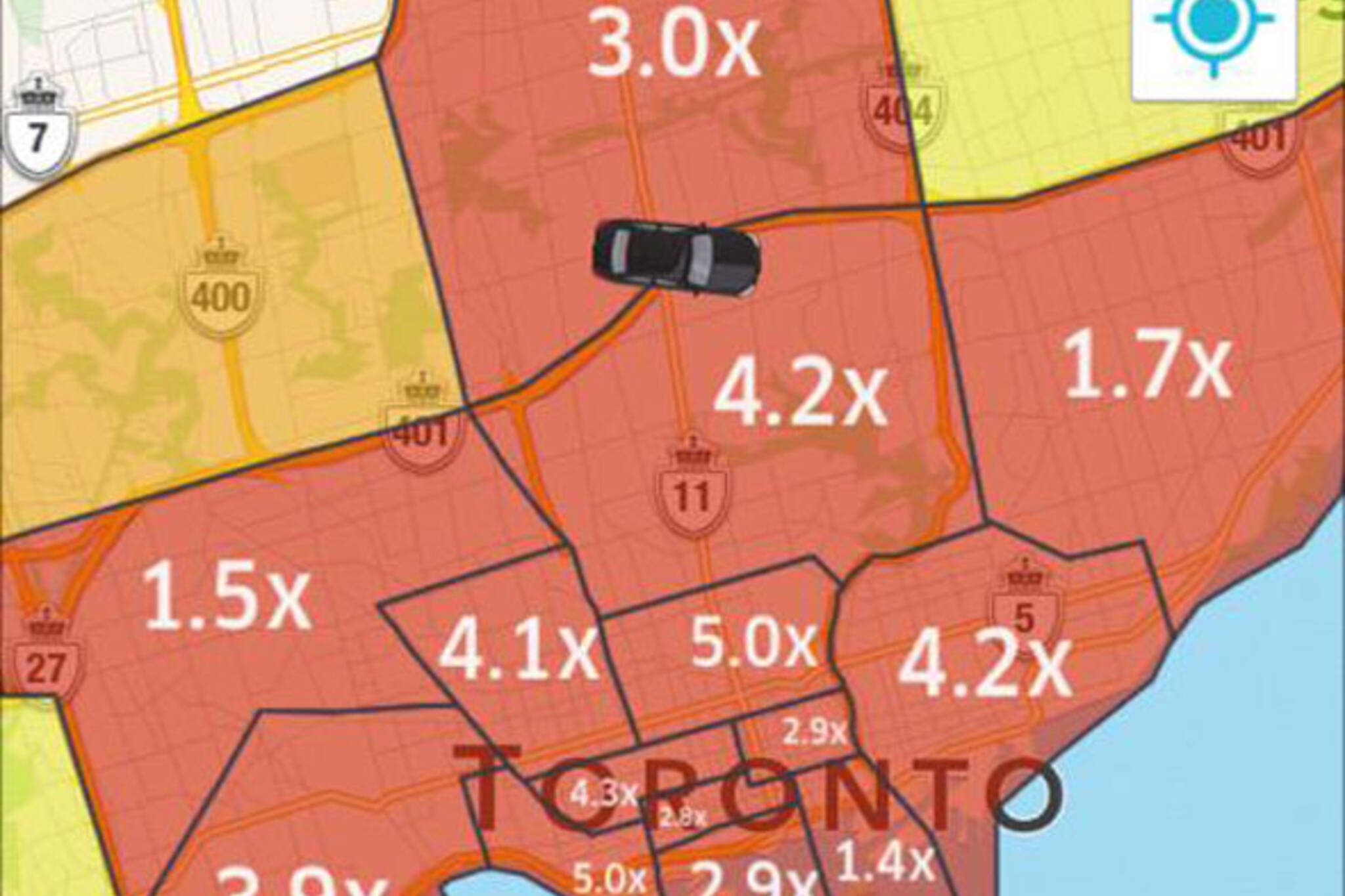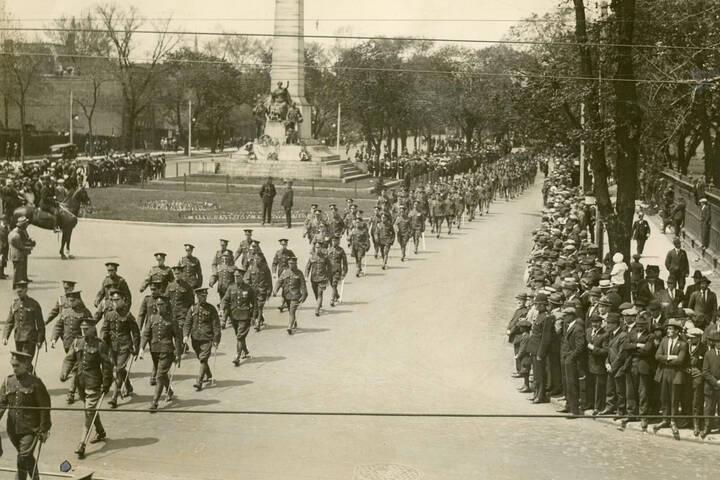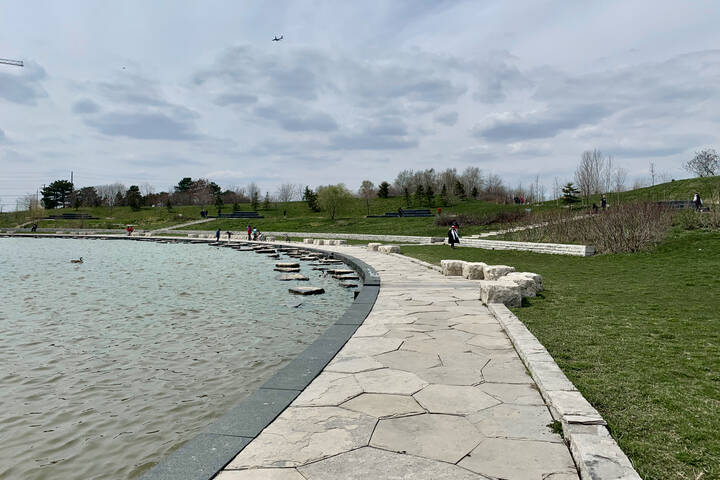
Uber takes heat for jacking prices during TTC outage
Frustrated Toronto commuters who tried to summon an Uber car during this morning's epic TTC shutdown found fares hiked by as much as five times the normal price, making the minimum fare an eye-watering $75 from some midtown addresses.
Uber refers to the practice as "surge pricing" and says it's a way to encourage more drivers to hit the streets during times of unusually high demand. Customers on the other hand often feel cheated and exploited by the unpredictable price fluctuations, especially in times of crisis.
The company apologized for jacking fares during the December hostage crisis in Sydney, Australia, when thousands of people were trying to flee the city's central business. This morning's subway incident doesn't compare in severity, but the sentiment on social media was the same.
Many confused and frustrated messages were posted to Twitter during the shutdown.
The people of Toronto defended yall and when the subway goes down you take advantage you companies are so greedy @Uber
— Guwopâ„¢ (@MattyRS_) June 8, 2015Although fares were five times higher in some areas, in the Port Lands, northwest Etobicoke, and Scarborough the surge amounted to between 1.4 and 1.6 times the normal cost.
When TTC is down you can count on Uber to save the day at 5 times the cost. Take a taxi if you can find one. pic.twitter.com/fclwbi2G7e
— Jim Jackson (@actionjax25) June 8, 2015Should Uber rethink the practice of surge pricing in Toronto while it's embroiled in public PR and legal battles, or do you think it's a fair way of responding to increased demand?
Chris Bateman is a staff writer at blogTO. Follow him on Twitter at @chrisbateman.
Image: @actionjax25/Twitter
Latest Videos
Latest Videos
Join the conversation Load comments







